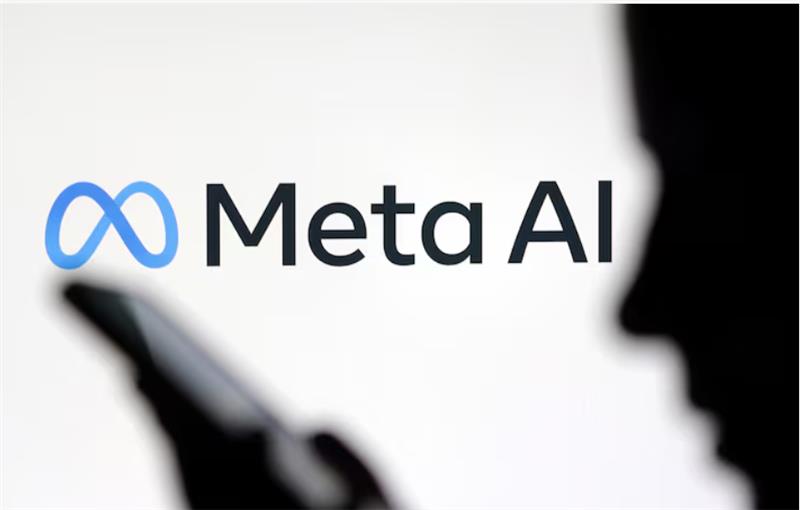Place your adverts here on InfoDig @ low rates; banner ads, sponsored links and guest articles etc. Contact us
World Bank has urged the Federal Government to review and approve yearly budgets that are based on realistic economic plans to help improve the lives of Nigerians.
The apex bank said the government’s focus on key fiscal areas would reduce debt risks and create more space for development and pro-poor spending.
According to the latest World Bank’s Nigeria Development Update report, the policy was listed as part of four key recommendations to help the government sustain and deepen ongoing economic reforms.
Saturday PUNCH reports that the budgeting process in Nigeria has been marred by significant irregularities, particularly due to unauthorised insertions made by public office holders.
The growing threat, which has lasted for years, has led to budget deficits and opened doors for more borrowing, further stressing the country’s financial resources and jeopardising fiscal stability.
In the 2024 budget, the government approved a budget deficit of N9.18tn.
The Bretton Woods institution has, however, advised the focus on realistic estimates.
“On the fiscal front, focusing on four key areas can reduce debt risks and create more space for development and pro-poor spending.
“First, build on progress towards market-reflective pricing. Second, continued progress on non-oil revenue growth through tax reforms and improved administration is vital; Nigeria’s tax revenues of 3.8 per cent of GDP in 2023 remain extremely low by international standards.
“Third, reducing governance costs and redirecting inefficient spending toward more targeted, pro-growth, and pro-poor initiatives is crucial for supporting the poor, boosting long-term growth, and effectively communicating burden-sharing to the population.
“Fourth is ensuring realistic budgets and avoiding the reemergence of unbudgeted financing needs is necessary to prevent a return to ways and means financing, which should be reserved for short-term liquidity support and kept within stipulated legal limits. Have realistic budgets to avoid unbudgeted financing requirements.”
It said the step will help reduce deficit monetisation and unbudgeted financing requirements, reiterating the need to cut wasteful expenditures that are not essential, such as the purchase of vehicles and external training.















 English (US) ·
English (US) ·